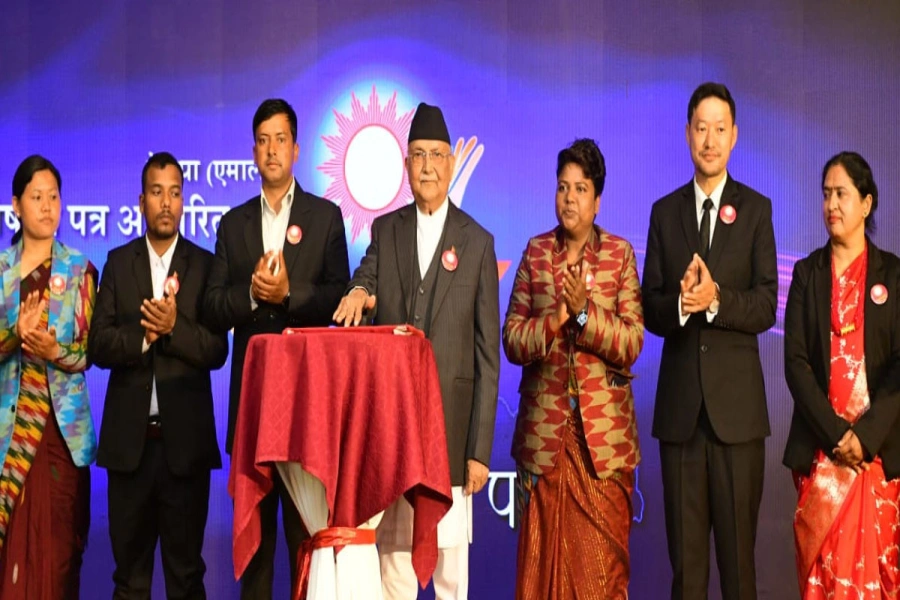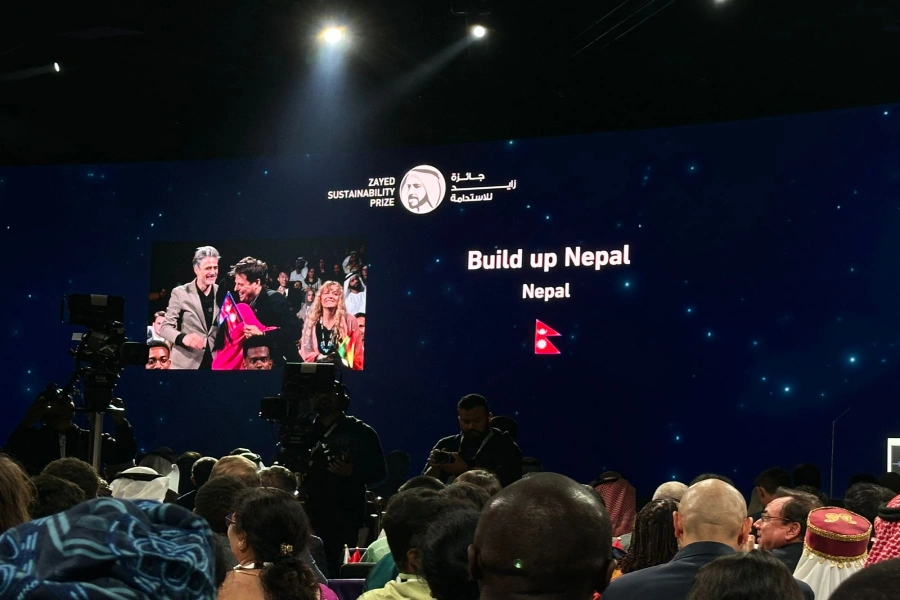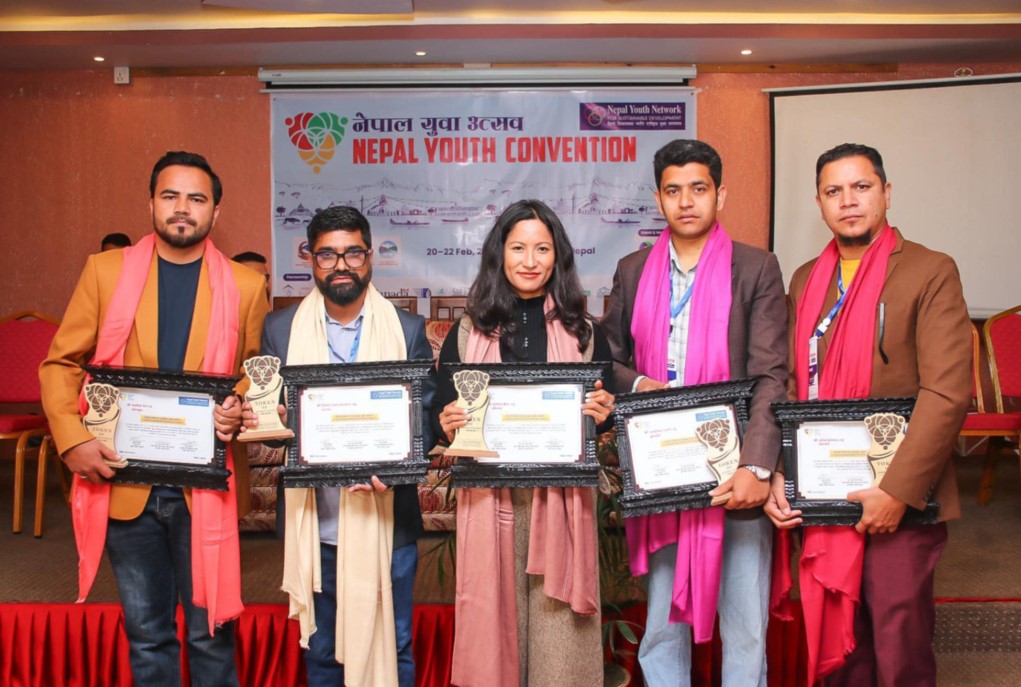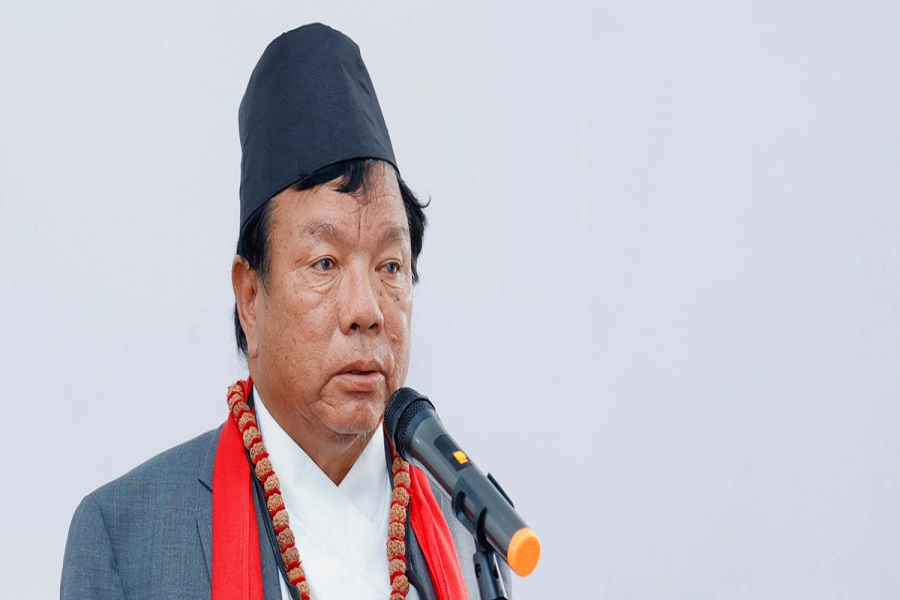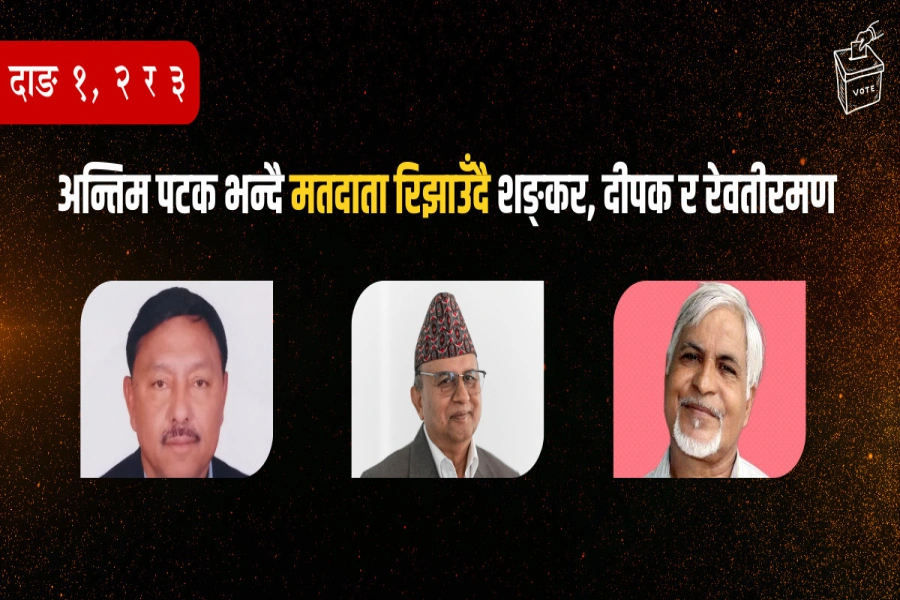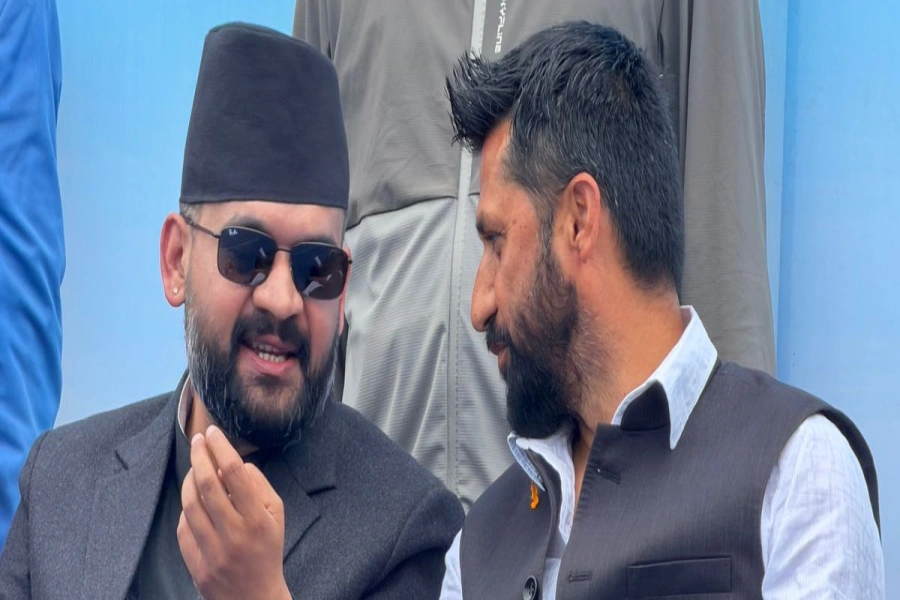Have you ever gone to a cafe or a restaurant and ordered a drink only for it to come with a plastic straw shining brightly in all its non-reusable glory? And, of course, seeing the straw you’re overcome by this enormous sense of guilt on not playing your part in saving the world from plastic pollution.
Well, you have two solutions to this problem. The first one is that you ask the server beforehand to not include a straw in your drink and drink straight from the glass. Second, you can get a reusable straw for yourself and for those of us who like to take our time and truly enjoy a drink, the second one is way more preferable.
The good thing is that nowadays it’s not at all difficult to get hold of reusable straws. Be it glass, metal, steel or bamboo straws, they are available quite easily if you know where to look. One probable straw-dealer for you is Bamboo Straw Nepal, an online bamboo straw supplier, that ships their products not only within Nepal but worldwide as well.
Moreover, you can also buy the bamboo straws (starting at Rs 120) at collective stores like Maya ko Chino, Local Project Nepal, and KTM Haat.
Dhundup Gurung is the man behind Bamboo Straw Nepal. “Honestly speaking, I had always wanted to create something and work on my own but I never knew exactly what I wanted to do,” he says. That, however, changed when he came across bamboo straws at a cafe when he was in Thailand. “Then and there I decided that I wanted to sell bamboo straws back home in Nepal,” he adds.
Coca-Cola committed to doing business responsibly
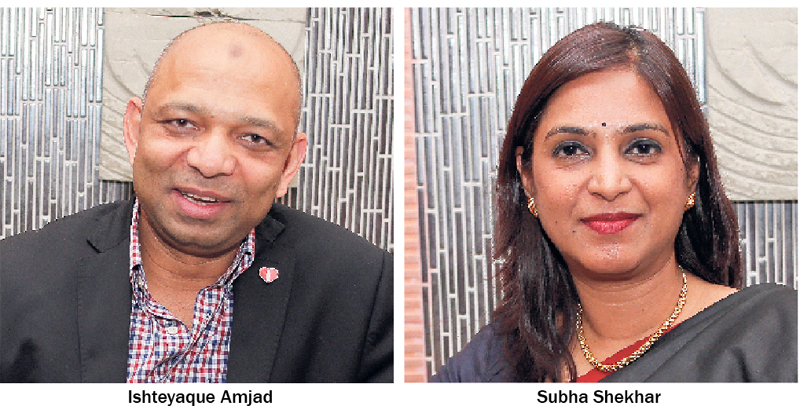
However, Gurung didn’t want the easy way out by just importing these straws from China and Vietnam. And so, he decided he would start from ground up and started looking into making the straws right here in Nepal.
Once the decision was made, Gurung sourced bamboos from places all over Nepal—mainly from Dhading and Jhapa. After collecting the bamboos, they were cleaned thoroughly, boiled and laid out to dry. Once fully dried, the bamboos were separated and carved and turned into the desired shape i.e the typical size and shape of a common straw.
“All of this happened on the terrace of my home. And that’s basically how Bamboo Straw Nepal started,” he reveals.
Today, the business, which has officially been up and running since February 2018, has grown and how. Anyone visiting Bamboo Straw Nepal’s Instagram handle (@bamboostrawnepal) can instantly see that their straws have traveled to places all over the globe like France, Belgium, and the USA.
However, Gurung admits that things can get taxing at times. “The main challenge we face is when the weather gets unfavorable and the production process gets disrupted. Also, sometimes when the straws are in high demand, it often becomes difficult to source the bamboos from places far away from the city,” he says.
But Gurung is more than willing to overlook these moments of hardships for a greater cause. He strongly believes in the promotion of local products that are made using locally sourced materials. “Local products keep the money in Nepal which in turn helps to bring out small but positive changes in our economy. And that’s what I want my business to do,” he adds.
Gurung personally thinks bamboo straws are the best alternative to plastic straws, claiming that they are superior to even glass, metal or paper straws. “First, bamboos basically grow tall naturally without the need for any chemicals or fertilizers. Second, it takes up the least amount of energy while manufacturing and is easily compostable and biodegradable,” he says.
Gurung is a passionate advocate of living as sustainably as possible and believes that all of us need to do whatever we can to minimize and reverse the effects of climate change.
“I’m from the Upper Mustang region and I have first-hand experiences of the changes that are being seen in the environment over there. So, my family and I have devoted ourselves to make our ways of life as sustainable and eco-friendly as possible,” he says.
Moreover, Gurung thinks that along with manufacturing and selling bamboo straws, he should also take the opportunity of being able to interact with so many people to further educate them about the climate crisis as well as on the ways through which one can live a more sustainable life. Bamboo Straw Nepal’s social media page also actively shares any news and information related to the environment and eco-friendly living.
Priding himself on the fact that Bamboo Straw Nepal is the only company that produces the straws here in Nepal and exports them instead of it being the other way around, Gurung says that he will continue to do whatever he can to promote sustainable living.
“Bamboo Straw Nepal is promoting green living to save our planet and also helping uplift Nepal’s economy at the same time. It might not be much but at least we’re moving in the right direction,” he concludes.







